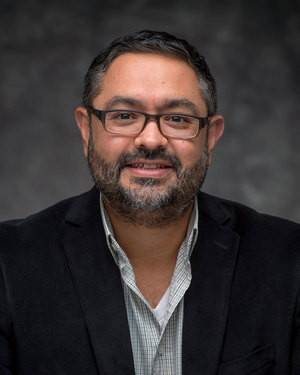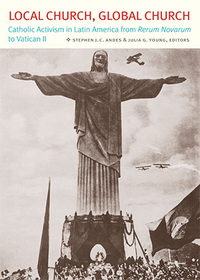
- University of Notre Dame
- Carl E. Koch Associate Professor
- Residential Fellow (2015-2016)
- "Catholic Youth in Cold War Mexico"
Jaime M. Pensado is Carl E. Koch Associate Professor of History at the University of Notre Dame. He specializes in contemporary Mexican history, student movements, youth culture, the sixties, and the Cold War. He is currently working on a second book project that examines Catholic Youth in Cold War Mexico.
His first book, Rebel Mexico: Student Unrest and Authoritarian Political Culture during the Long Sixties (Stanford University Press, 2013) received the “Mexico History Book Prize” from the Conference on Latin American History (CLAH). His recent publications can be found in Mexican Studies/Estudios Mexicanos; Renate Marsiske, ed., Movimientos Estudiantiles en la Historia de América Latina: Volumen IV; The Americas: A Quarterly Review of Inter-American Cultural History, Special Issue: Latin America in the 1960s; The Journal of the History of Childhood and Youth; Smith and Gillingham, eds., Dictablanda: Politics, Work and Culture in Mexico, 1938-1968; ReVista Harvard: Review of Latin America; Robert Clarke et. al., eds., New World Coming: The Sixties and the Shaping of Global Consciousness; and The Sixties: A Journal of History, Politics and Culture.
Professor Pensado’s research has received the support from the Mellon Foundation and the Latin American Studies Department at Lehigh University. At Notre Dame, he is the Co-Director of the Mexico Working Group (MWG), the Director of the Latin American Studies Program (LASP), and a fellow of the Institute for Latino Studies (ILS) and the Kellogg Institute for International Studies.
Publications
-
A “Third Way” in Christ: The Project of the Corporation of Mexican Students (CEM) in Cold War Mexico
The Catholic University of America Press, 2016

The 1950s saw the rise of a new generation of leftist, conservative, and Catholic students in Latin America that began calling for a unique form of hemispheric solidarity. Their efforts reflected concerns about momentous contemporary events that had a profound impact at their universities, like the anticolonial war in Algeria, the rise of military dictatorships in Guatemala, and the “iron fist” following the Hungarian insurrection. But these students also harkened back to the “arielista” language that characterized the first two decades of the twentieth century. Asserting their ideological positions during the incipient cold war, they participated throughout the 1950s in multiple international conferences to further their cause.